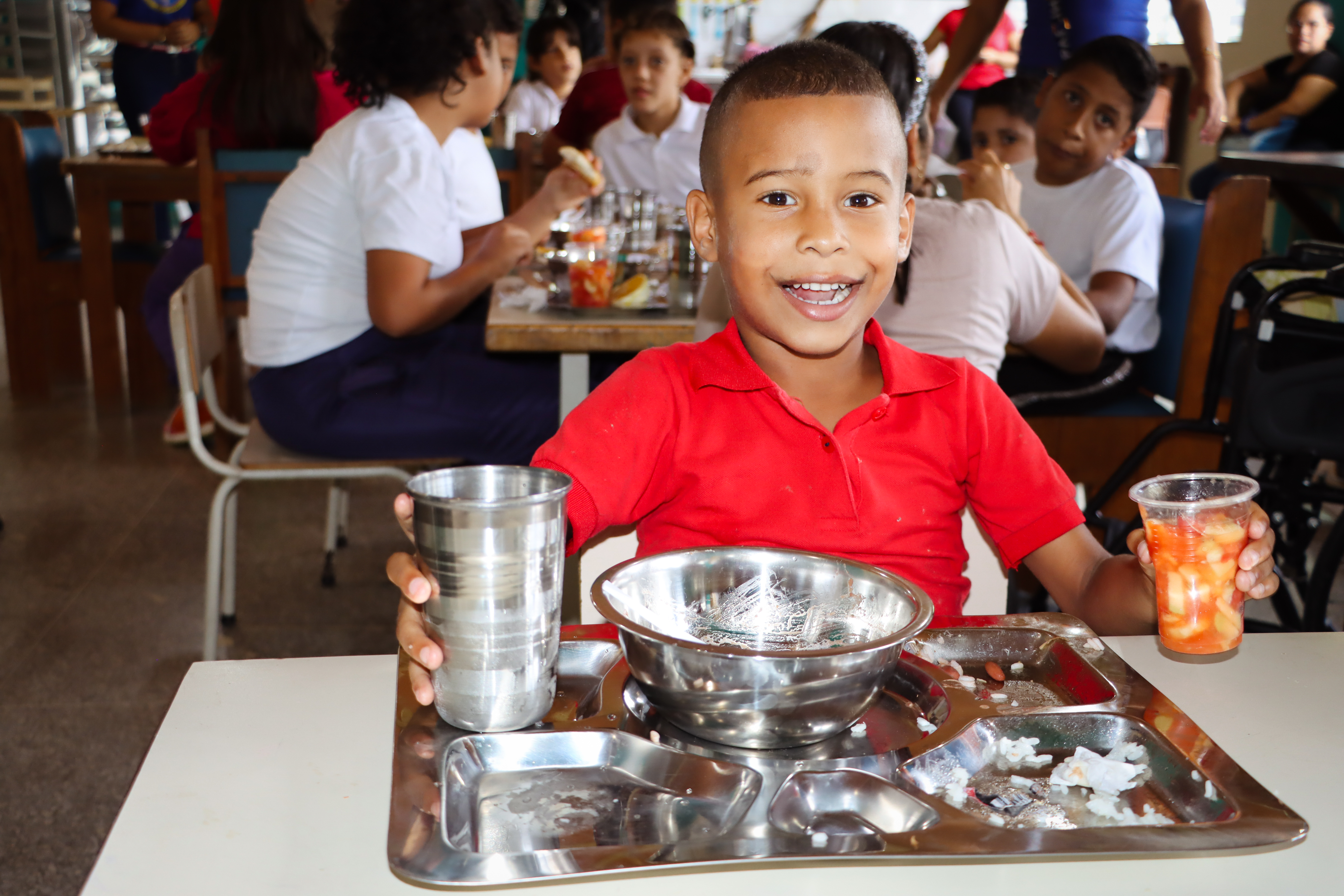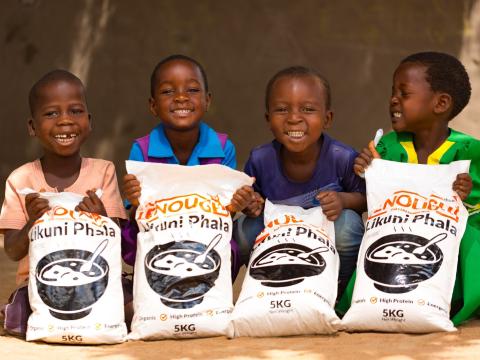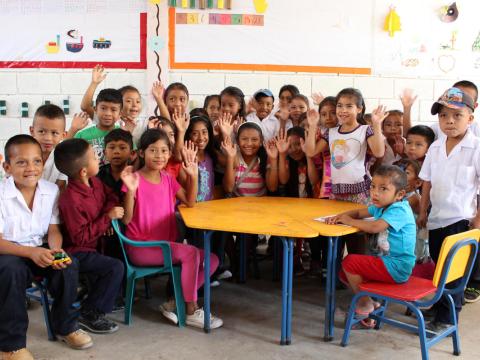Is the Brazil Summit the turning point for School Meals?
Mary Njeri cautions national leaders that school meals must not be a discretionary policy choice.
“I grew up in rural Kenya with no school meals, so had to sprint home every day for lunch… rain or shine… before running back. I fully expected by now, decades later, things would have changed. But still, millions of children walk into classrooms with empty bellies.”
1 September 2025.
For decades, governments, NGOs, and development agencies have extolled the life-changing benefits of school meals. Yet today, millions of children still enter classrooms with nothing in their stomachs but hunger.
As Gordon Brown, the United Nations Special Envoy for Global Education, stated, “I want to speak up for the 153 million children that are suffering from a shortage of food, famine and malnutrition. School lessons are not enough, there has to be #SchoolMeals as well.” His words cut through complacency and remind us that education without nourishment is simply not education at all.
That is why the forthcoming Global Summit of School Meals Coalition in Brazil must be more than another well-intentioned policy gathering. As world leaders convene, they should treat it as a defining moment to prove that every child, in every classroom, will have access to a nutritious meal every single day.
Now more than ever, children around the world are struggling, facing unprecedented uncertainty fuelled by conflict, natural disasters, and the escalating impacts of climate change. In this reality, school meals are not a discretionary policy choice; they are a lifeline, a safeguard, and a catalyst for opportunity.
Why This Matters and Why I Cannot Be Neutral
In my Kenyan village, education was seen as the only route to opportunity. My parents worked hard to ensure we ate well at home, but at school hunger was a daily obstacle. Each lunchtime meant running back and forth, leaving little energy for learning.
Not every child could. My neighbour’s mother often took casual work miles away, leaving her children without food. Her son, my classmate, missed weeks of school due to illness and eventually dropped out. Today, he struggles to support his family—a generational cycle of disadvantage that could have been broken with something as simple as a school meal.
Civil Society: The Untapped Powerhouse
Governments may hold the purse strings, but civil society organisations (CSOs) hold the proximity, trust, and agility needed to make school meal programmes succeed. Partnering with the Global Child Nutrition Foundation (GCNF), World Vision is mapping the diverse, often overlooked contributions of CSOs to the global school meals ecosystem.
These organisations are the connective tissue between policy and practice: sourcing from local farmers, integrating nutrition education, and bridging gaps when government provision falters. Yet they are too often excluded from decision-making rooms.
If Brazil is to mark a genuine turning point, civil society must be positioned not as observers, but as co-architects of policy and oversight.
The Stakes Could Not Be Higher
The evidence is unequivocal: children who receive school meals attend school more consistently, achieve higher academic performance, and enjoy markedly better health outcomes.
According to the World Food Programme’s State of School Feeding Worldwide Report, every US$1 invested in school meals can generate up to US$9 in economic returns. And yet, over 100 million children in low- and lower-middle-income countries still arrive at school hungry, unable to focus, to learn, or to thrive. For millions of girls, the barrier is even higher: many never enter a classroom at all, pulled instead into domestic labour, agricultural work, or forced to stay at home as carers for siblings or elderly relatives.
In conflict-affected regions, the reality is even starker: children are twice as likely to be out of school as their peers in stable contexts—and for girls, the risk is 2.5 times greater.
We must end the perception that school meals are a secondary, “nice-to-have” intervention. They are a cornerstone investment in human capital, social stability, and long-term economic growth and one of the most cost-effective tools we have to break cycles of poverty and inequality.

From Goodwill to Concrete Action
When ministers, donors, and experts gather in Brazil, the press releases will be polished, the pledges inspiring. But the real test will be what happens next:
Will governments commit long-term funding beyond electoral cycles?
Will donors and multilateral agencies scale up investment in local, sustainable supply chains?
Will civil society be formally embedded in policy design and monitoring?
As someone who has both lived the problem and works daily on the solution, my plea to leaders is simple: build on the progress made so far by leaving Brazil with a clear, time-bound roadmap for universal, sustainable, child-centred school meals, and the commitment to turn these plans into tangible results for every child.
This summit has the potential to be a historic turning point for governments, donors, and development partners the call is clear: step up, invest decisively, embed civil society at every stage, and deliver tangible results.
Because behind every statistic lies a child like my neighbour’s son, whose life and future could have been entirely different had we acted sooner.
To learn more about World Vision's School Meal Programmes click here
To Read: School Meals Semi-Annual Report 2025 click here
Mary Njeri serves as the Global School Meals Director for World Vision, bringing over 17 years of expertise in disaster and conflict response. She holds a Master’s degree in Organisational Leadership from Africa International University and a Graduate Certificate in Humanitarian Leadership from Deakin University, where she was honoured with the Abruzzo Humanitarian Leadership Medal.

